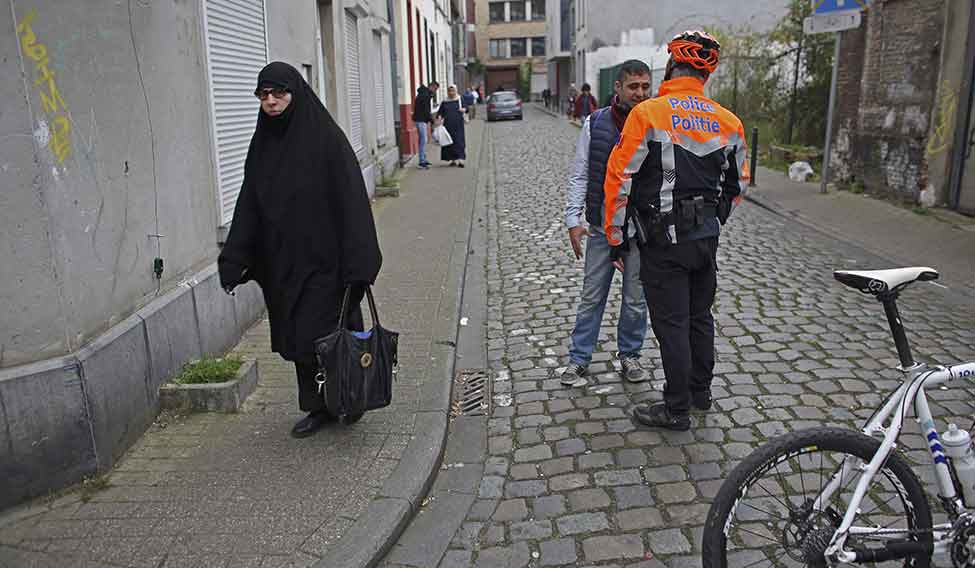If France is being criticised for its liberal laws, neighbouring Belgium is getting a bad name for its lax laws. Even the French say so.
The laws have been so lax that till a few decades ago, one didn't need a licence to drive a car in Belgium. If you owned a car, it was assumed that you knew how to drive it. Belgium was forced to introduce the licensing system following objections from other European countries who complained of "Belgians on the roads".
"Friday's acts of war were decided and planned in Syria. They were organised in Belgium and perpetrated on our soil with French complicity with one specific goal: to sow fear and to divide us," French President Francois Hollande told his parliament on November 16.
The Belgians agree. Three days before the attacks, Belgium's interior minister Jan Jambon had admitted that when it came to preventing radicalism, some local authorities in Brussels “have been rather lax for many years.”
Statisticians would say that eight of ten religious terrorists arrested, found or reported in France have had a Belgian connection. More than 400 Belgians have been estimated to have gone to Syria to fight on the side of the Islamic State. Most of them had been schooled in religious extremism in the Molenbeek district of Belgian capital Brussels.
Even before the November 13 attacks, Belgium had been pointed to as the hotbed of Islamic radicals. One of the Charlie Hebdo murderers had procured firearms from a Belgian arms dealer. The Belgian police themselves shot dead two terrorists in the town of Verviers.
The Moroccan gunman who had tried to attack a high-speed train from Amsterdam to Paris in August, and was overpowered by three American tourists, was suspected to have procured his firearms—a Kalashnikov rifle, a pistol and the ammunition—from Brussels.
The mastermind of the November 13 attacks, Abdelhamid Abaaoud, and the the three Abdeslam brothers had lived in Molenbeek. Ibrahim Abdeslam had been running a shady bar in Molenbeek; a few months ago the mayor closed it down as it was disturbing the peace in the neighbourhood. The bar was known to be a den of drug-pushers.
The November 13 attackers had come in rented Belgian cars and one of them, Salah Abdeslam, even drove back in the same car the next morning into Belgium and vanished.
Molenbeek has just about 90,000 residents, nearly 70 per cent of them migrant or native Muslims. The original natives were either European Muslims or Moroccan settlers who had welded well with the rest of the Belgian society. Problems began in the 1970s when capital-starved Belgium sought investments from Saudi Arabian businessmen. Fundamentalist preachers who came with them built mosques and have since converted the largely Moroccan-descent people to radical Islam.
The state's federal system is another culprit. It is layered in such a way that there is too much overlapping of authority and anyone who wants to slip away from law can easily disappear here.
Traditional attitudes of policing and intelligence gathering are also to be blamed. The state system in Belgium is still largely European-staffed, meaning that most state officers, both civil and police, are ethnic Europeans. There are few Muslims in the organs of the state, including the intelligence agencies, making it difficult to penetrate the community.







